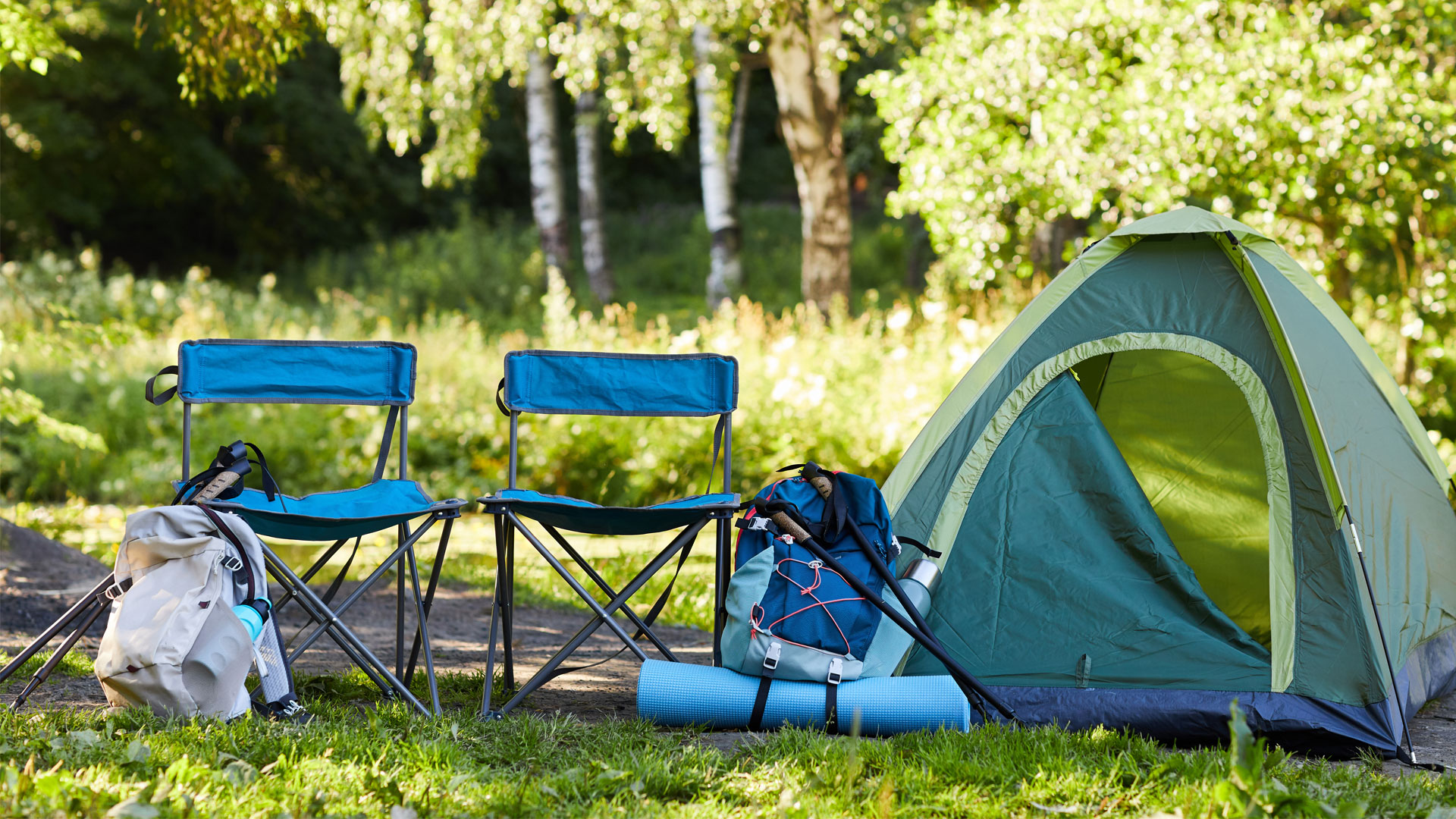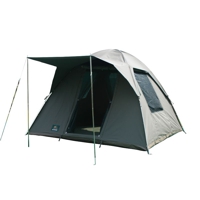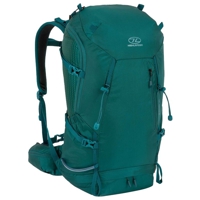Blog
Eco-Adventures: Embracing Sustainable Camping Practices
As avid campers and nature enthusiasts, we recognize the importance of preserving our beautiful wilderness for future generations. By adopting sustainable camping practices, we can minimize our impact on the environment and wildlife, ensuring that these natural treasures remain pristine for all to enjoy.
Not practicing sustainable camping can have severe consequences for the environment and the delicate ecosystems we explore. When campers fail to adhere to eco-friendly practices, the negative impacts can be far-reaching. Abandoned trash and improperly disposed of waste pollute natural habitats, harming wildlife and disrupting fragile ecosystems. Campfires left unattended or built without consideration for the surroundings increase the risk of wildfires, endangering both the wilderness and nearby communities. Unregulated camping in sensitive areas can lead to soil erosion, vegetation damage, and loss of biodiversity. Excessive water usage and pollution can harm aquatic life and deplete valuable water resources.
Without responsible practices, the natural beauty we cherish in the great outdoors could be irreversibly damaged, depriving future generations of the same enriching experiences we enjoy today. Embracing sustainable camping is not only about enjoying the wilderness but also about safeguarding it for the well-being of the planet and all its inhabitants.

Leave No Trace Principles
When embarking on any camping trip, it’s crucial to adhere to the Leave No Trace principles. These guidelines offer a foundation for responsible outdoor recreation.
- Plan Ahead and Prepare: Before setting off, research the area you’ll be visiting and familiarize yourself with its specific regulations and restrictions. Proper planning ensures you have the right camping gear and knowledge to leave a minimal impact on the environment.
- Travel and Camp on Durable Surfaces: Stick to established trails and campsites to minimize damage to vegetation and wildlife habitats. Avoid trampling delicate flora, especially in high-traffic areas.
- Dispose of Waste Properly: Pack out everything you bring with you, leaving no trash behind. Utilize designated waste disposal facilities and carry biodegradable soap for washing dishes.
- Leave What You Find: Resist the urge to collect souvenirs or disturb natural features. Leave rocks, plants, and other items as you found them, preserving the ecosystem’s integrity.
- Minimize Campfire Impacts: Consider alternatives to traditional campfires, such as using a camp stove. If campfires are permitted, use established fire rings and ensure the fire is completely extinguished before leaving.
- Respect Wildlife: Observe animals from a distance, refraining from feeding or approaching them. Keep food and scented items securely stored to avoid attracting wildlife to your campsite.
- Be Considerate of Other Visitors: Maintain a peaceful atmosphere by keeping noise levels down and giving fellow campers their space. Be respectful of their outdoor experience.

Choosing Eco-Friendly Camping Gear
The gear we bring on our camping trips can significantly impact the environment. When selecting camping equipment, opt for eco-friendly alternatives that minimize resource consumption and waste. Look for gear made from sustainable materials, such as recycled or biodegradable options. Choose durable products that can withstand multiple trips, reducing the need for frequent replacements.
Responsible Campsite Selection
Picking an appropriate campsite is crucial for sustainable camping. Seek out established campsites whenever possible, as these areas are designed to withstand human impact. Avoid setting up camp in fragile ecosystems or near water sources to prevent habitat destruction and water pollution. Remember, the goal is to leave nature as untouched as we found it.
Minimizing Waste and Practicing Recycling
A key aspect of sustainable camping is reducing waste and adopting a “pack it in, pack it out” mentality. Plan your meals thoughtfully, opting for reusable containers and avoiding single-use plastics. Prepare dehydrated or pre-packaged meals to minimize food waste. Additionally, bring along a reusable water bottle and water filter to reduce the need for disposable bottles. When disposing of waste, follow the Leave No Trace principle and carry out all trash, recyclables, and compostables. Use recycling facilities at designated areas when available. If no such facilities are present, store recyclables and dispose of them responsibly once back in civilization.
Camp and Climb Products:
- Coghlans Toilet Tissue
- Bonnie Bio Compostable roll Trash Bags
- Tentco Bio Sanitary Toilet Rinse
- Soak-it Eco Wet Wipes
Sustainable Campfire Practices
Campfires can be a central part of camping experiences, but they also have significant environmental impacts. Before lighting a fire, check local regulations and restrictions. In areas where campfires are allowed, use established fire rings or fire pans to prevent damage to the ground. Consider alternatives to campfires, such as cooking with a camp stove or enjoying the warmth of a portable heater. This practice significantly reduces the risk of wildfires, conserves natural resources, and helps preserve the wilderness for future generations. Rechargeable outdoor lighting products are always preferred over open flames for camp site lighting.
Camp and Climb Products:
Water Conservation and Purification
Water is a precious resource, especially in the wild. Conserve water during your camping trips by using it judiciously. Practice water-saving techniques, such as turning off the tap while brushing your teeth and taking shorter showers. For purifying water, use eco-friendly methods like boiling or using a water filter. Avoid the use of chemical water treatments that might harm aquatic life when disposing of treated water.
Camp and Climb Products:
Portable Power Solutions
Portable power solutions are a game-changer for eco-camping enthusiasts, providing a sustainable and convenient way to stay connected and powered up while minimizing the environmental impact. These power solutions, often harnessing the sun’s energy through solar panels, offer campers a renewable and clean energy source to charge their electronic devices. By relying on solar-powered chargers and portable power banks, campers can reduce their dependence on disposable batteries and traditional electricity sources, consequently reducing waste and carbon emissions. Embracing these eco-friendly power solutions not only ensures campers stay connected and have access to essential devices like GPS units and emergency communication tools but also demonstrates a commitment to preserving the pristine nature they’re exploring. In the spirit of sustainable camping, portable power solutions allow adventurers to embrace technology responsibly while treading lightly on the environment, leaving no trace but lasting memories of their eco-adventures.
Camp and Climb stocks a wide range of portable power solutions that will keep your campsite powered up, while camping in the great outdoors.
- E-Lotus Solar Lighting System 10W
- Eiger Cruiser 200w Folding Solar Panel
- Red-E 120W Foldable Solar Panel
- Red-E Portable Power Station 1248Wh
Wildlife Interaction and Ethical Observations
Encountering wildlife can be one of the most memorable aspects of camping, but it’s essential to observe wildlife ethically and responsibly. Maintain a safe distance from animals to avoid disturbing their natural behaviors. Never feed wildlife, as this can disrupt their diet and lead to habituation, endangering both animals and humans. When photographing wildlife, use a telephoto lens to capture close-up shots without intruding on their space. Let’s strive to be responsible stewards of the wilderness, protecting its diverse inhabitants.
Camp and Climb Products:
- Highlander 12×25 Pocket Birdwatcher Binoculars
- National Geographic Compact Binoculars 8×21
- Zartek TX-8 Portable Two-way Radio Super Pack
Eco-Conscious Hiking and Exploration
As outdoor enthusiasts, it’s our responsibility to minimize our impact while hiking and exploring the wilderness. Stay on marked trails to avoid damaging fragile ecosystems and disturbing wildlife habitats. Be mindful of the natural environment, taking care not to trample vegetation or disturb rocks and soil. Follow the principles of “Leave No Trace” during your hiking adventures, and encourage fellow campers to do the same. By preserving these pristine areas, we ensure they remain enjoyable for generations to come.
Supporting Eco-Tourism and Conservation Initiatives
Supporting eco-friendly camping destinations and businesses is a fantastic way to contribute to conservation efforts. Choose campgrounds and tour operators that prioritize sustainability and actively participate in conservation initiatives. Volunteer with local conservation organizations, taking part in clean-up projects and habitat restoration efforts. Together, we can make a positive impact on the environment and inspire others to follow our lead.
Educating and Inspiring Others
Spread the word about sustainable camping practices through social media, blogs, and conversations with friends and family. Share your experiences, tips, and photos to inspire others to embrace eco-adventures. The more people we educate about sustainable camping, the greater the positive impact we can have on our planet.
Camp and Climb Reading Material:
- Signs of the Wild – Walker
- 100 Bushveld Trees – Megan Emmett Parker
- Map Studio Africa Map Central and South

Conclusion:
Eco-adventures are not only about exploring the beauty of nature; they are also about preserving it for future generations. By embracing sustainable camping practices and adopting the Leave No Trace principles, we can ensure that our outdoor adventures have a minimal impact on the environment and wildlife. Camp and Climb Outdoor encourages you to be a responsible camper, leaving nothing but footprints and taking nothing but memories from your journeys. Let’s all work together to protect and cherish the natural wonders that enrich our lives. Happy eco-adventuring!










